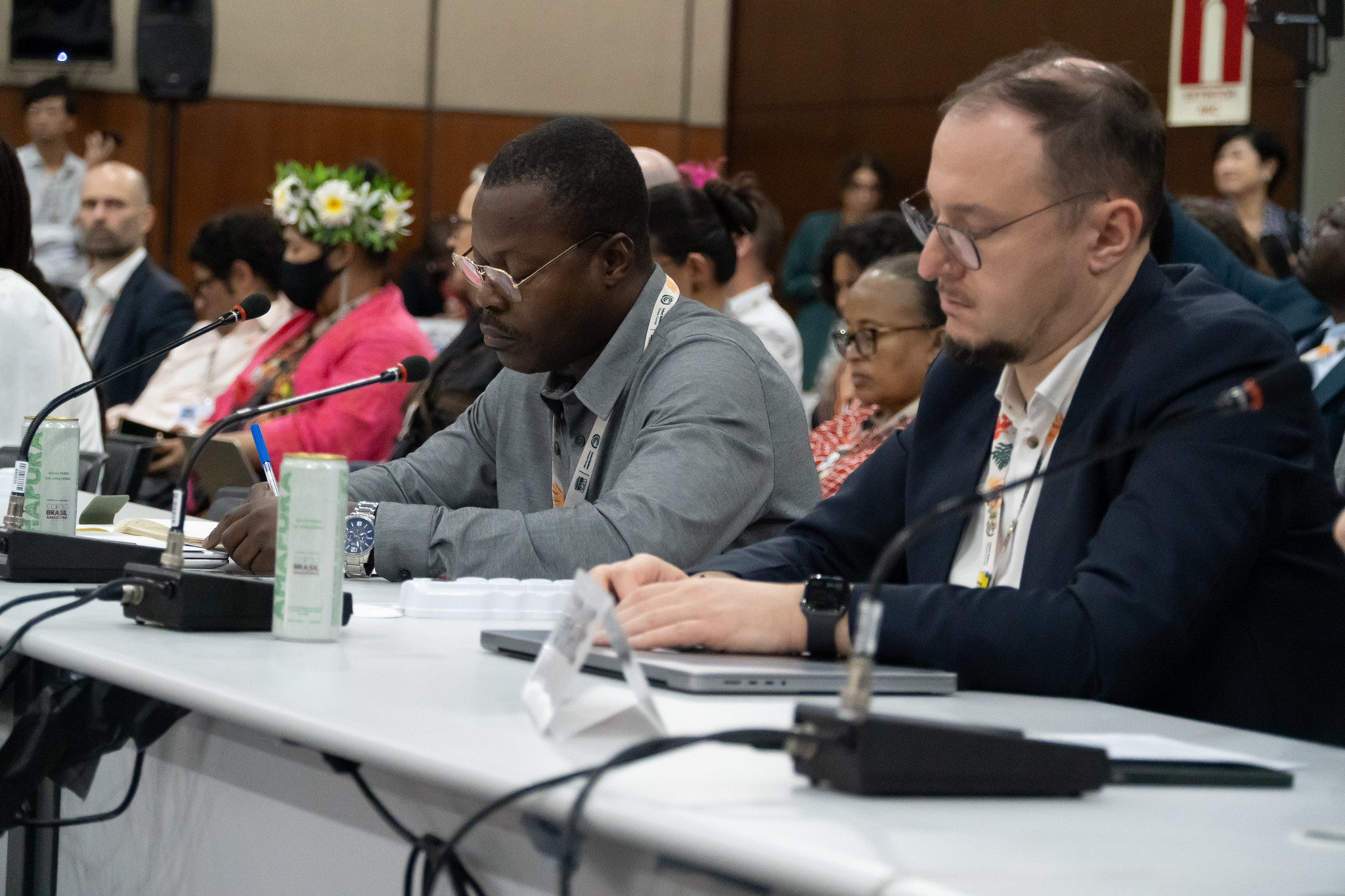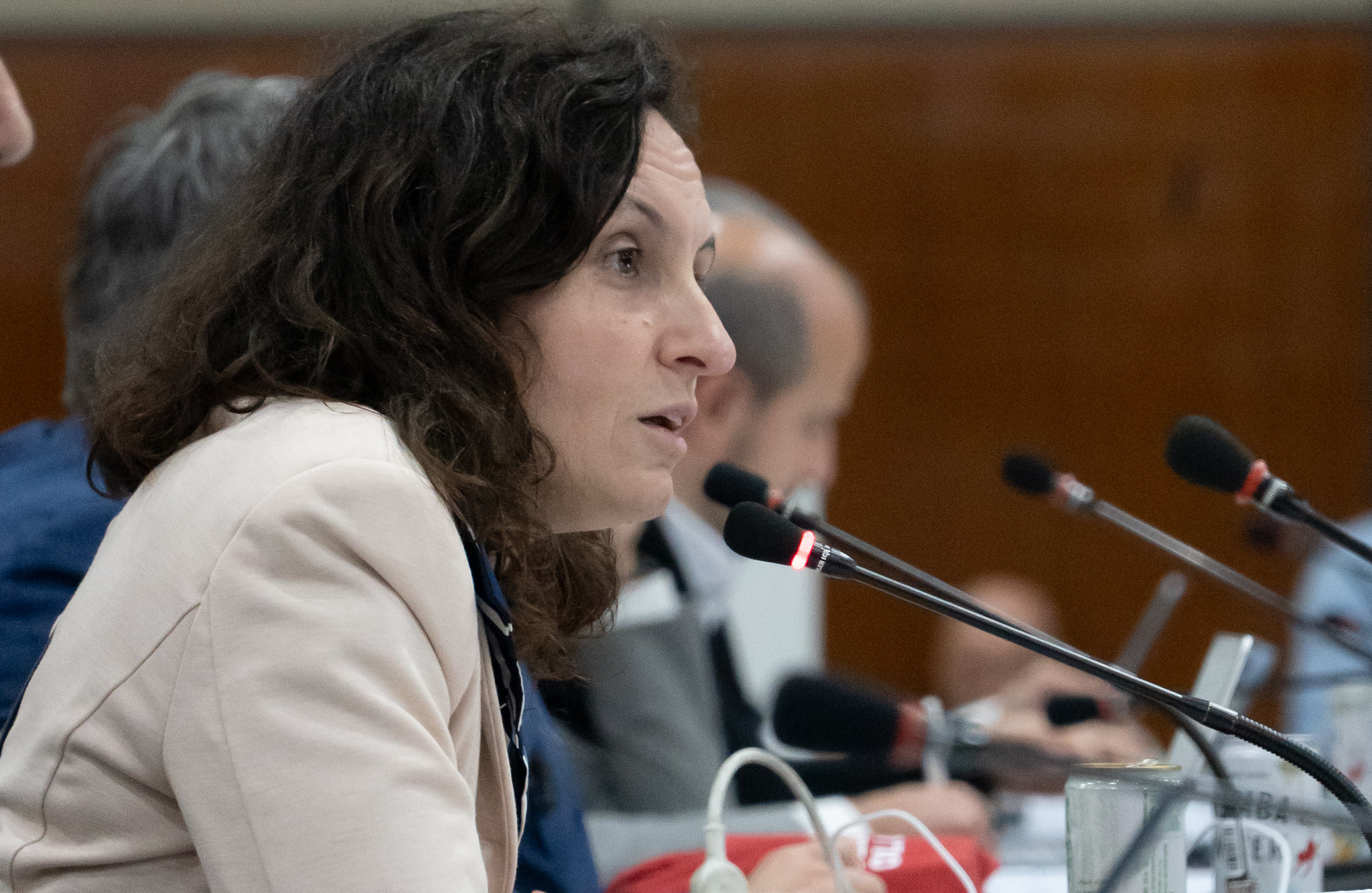Global Momentum Grows for Methane Reductions as New Report Highlights Clear Path to 2030 Goal
New assessment launched at COP30 shows progress since 2021 but highlights the urgent need to expand action to meet the commitment of reducing emissions by 30 percent by the end of the decade

By Maiva D’Auria / COP30
Launched in Belém during COP30, the first Global Methane Status Report highlights significant advances since the creation of the Global Methane Pledge in 2021 and points to clear opportunities to scale up progress by 2030. Produced by the United Nations Environment Programme (UNEP) and the Climate and Clean Air Coalition (CCAC), the report offers the most comprehensive assessment to date of efforts under the Pledge—an agreement endorsed by 159 countries and the European Union to reduce methane emissions by 30 percent from 2020 levels.
The findings show that while global methane emissions are still rising, the outlook has improved. Stronger waste regulations in Europe and North America, along with slower natural gas market growth between 2020 and 2024, have already lowered 2030 projections compared to initial forecasts. The report underscores that with rapid scale-up of proven solutions, the 2030 target is within reach.
Ministers and representatives at the Global Methane Pledge meeting emphasized that effective solutions already exist—across policy, technology, and practice—and encouraged countries to expand actions throughout the energy, agriculture, and waste sectors. They also called for greater transparency in target-setting and progress tracking.
“Addressing methane emissions is one of the fastest and most effective ways to slow global warming. Reducing methane now acts as a true climate emergency brake, helping us stay on course for the 1.5°C goal,” said Alice Amorim, Director of Programs for the COP30 Presidency.

According to the report, national contributions submitted by mid-2025—including NDCs and national methane plans—could collectively deliver an 8% reduction by 2030 compared to 2020 if fully implemented. This would be the largest drop in methane emissions ever recorded. Achieving the full 30 percent reduction will require a further boost in ambition, but the report highlights that most of the needed measures are readily available.
“Prioritizing methane is not only an environmental imperative—it’s a strategic opportunity for competitiveness, public health, and social responsibility,” noted Alice. “Acting now across waste, energy, and agriculture offers immediate, measurable climate benefits.”
More than 80 percent of the potential methane reductions by 2030 can be achieved at low cost. Well-established solutions—such as leak detection and repair programs, closing abandoned wells, improving water management in rice cultivation, and separating organic waste—represent the majority of the needed actions. The energy sector accounts for 72 percent of this potential, followed by waste (18 percent) and agriculture (10 percent).
The co-benefits are substantial. Implementing currently available measures could prevent more than 180,000 premature deaths and avoid 19 million tons of annual agricultural losses by 2030. In the fossil fuel sector, the entire mitigation potential could be realized at a cost equivalent to only 2 percent of the industry’s global 2023 income.
Major economies hold much of the opportunity: 72 percent of global reduction potential lies within G20+ countries, which could achieve a 36 percent cut in methane emissions by 2030 with existing measures. The report also highlights the importance of improved measurement, transparency, financing, and monitoring to guide efforts.
Julie Dabrusin, Canada’s Minister of Environment and Climate Change and Co-Chair of the Global Methane Pledge, called the report “a vital assessment of progress” that highlights the importance of accelerating action to achieve tangible results.
Dan Jørgensen, European Commissioner for Energy and Housing, stressed that current achievements show methane reductions are both feasible and beneficial—economically and environmentally—but that the next phase requires greater scale and coordination.
Inger Andersen, Executive Director of UNEP, reaffirmed that methane reductions remain one of the fastest and most effective ways to slow the climate crisis, protect human health, and reduce agricultural losses.
The report concludes that actions taken in the next five years will be decisive in realizing this opportunity—ensuring cleaner air, stronger economies, and a safer climate for generations to come.
Announcements at COP30
A new global initiative was launched during COP30 to address one methane. The No Organic Waste (NOW) Plan to Accelerate Solutions commits to cutting 30 percent of methane emissions from organic waste by 2030, while transforming discarded food into opportunities for climate action, nutrition, and livelihoods.
Supported by the Global Methane Hub and backed by US$ 30 million worldwide—including US$ 10 million for Latin America—the initiative will help cities recover 20 million tons of surplus food annually, feed 50 million people, and formally integrate 1 million waste workers into the circular economy. To date, 25 cities across 18 countries are already engaged. The next phase will scale up city pilots, composting hubs, and foodbank networks, offering technical support and project finance to strengthen national strategies and unlock multilateral and private investment.
